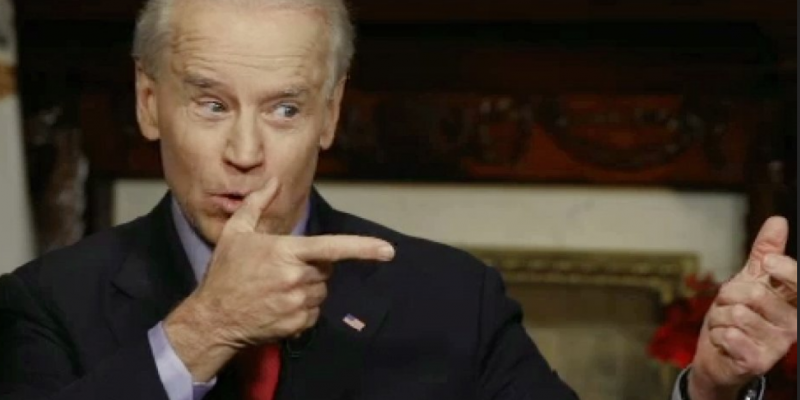Right analysis, wrong agent.
A month ago, I wrote that Louisiana Democrats wouldn’t have any real influence over their party’s presidential nomination. With so many delegates elsewhere to be decided by the first Saturday in April – a position dictated because the holiday and elections calendar conflicted – the history of a nominee decided by then made it highly likely to neuter Democrats’ votes for this contest.
But I had the wrong guy. At the time, it appeared independent Vermont Sen. Bernie Sanders had the path necessary to win. His closest ideological competitor Democrat Massachusetts Sen. Elizabeth Warren had performed well below expectations and seemed an obvious choice to depart the contest. Meanwhile, party establishment favorite Democrat former Vice Pres. Joe Biden flagged in the polls as he threw off gaffe after gaffe and Democrats’ recent attempt to impeach and remove Republican Pres. Donald Trump shone more unfavorable light on Biden’s activities in office, and independent former New York City mayor Michael Bloomberg appeared poised to convert a lot of campaign cash into primary votes, splitting opposition to Sanders.
Yet instead Warren stayed in the race, detracting from Sanders’ potential votes, and liberals couldn’t bring themselves to pull the lever for Bloomberg, a billionaire many times over asking for support from ideologues who see any level of wealth well above his – unless gained as a consequence of election as a Democrat – as theft, who stuck with Biden. Combine that with residual good feelings from black Democrats who associate Biden with Democrat former Pres. Barack Obama – with whom they have a weird Stockholm Syndrome dynamic considering the damage Obama policies did to the economic fortunes of black Americans – and Biden defied expectations to take a commanding position in the contest.
This may cheer Louisiana Democrats, who in 2016 didn’t warm to Sanders. Plus, Biden probably is many times likelier to defeat Trump than Sanders.
Which also makes Louisiana Republicans happy. Many times close to nothing is still close to nothing. If Sanders is the least likely to defeat Trump of all those who contested for the nomination, Biden is the second-least likely, for reasons cultural commentator Kyle Smith declares very succinctly:
Advertisement
Biden has been trying to achieve the presidency since 1988. Even in his best days, he was not a strong candidate. And he’s much weaker today. Are Democrats just going to pretend that Biden didn’t look the other way while family members leveraged their connections to him to go into places like Ukraine and collect large paychecks? That Biden offers a coherent vision of where to take the country other than hokey nostalgia and bromides? That he wouldn’t be, on the day he takes office, older than any chief executive has ever been on the last day of his presidency? That his unscripted speech isn’t rambling, nonsensical, and bizarre? That he isn’t already showing signs of incipient dementia, ten months before his term would even begin? That he doesn’t make Grandpa Simpson look like a sage?
If nothing else, his first point bears amplification: the only retread candidates for the presidency on their second try who won did so because of strong minor party competition that split their opposition. Further, incumbent defeats in the 20th century always came at the hands of new faces (the only election close to an exception, Democrat Franklin Roosevelt’s 1932 defeat of Republican Herbert Hoover – Roosevelt had lost in 1920 in the biggest landslide at that time in history as a vice presidential nominee – came during the Great Depression). No three-time candidate like Biden ever has won.
At least Louisiana Democrats, if having no real influence over selecting an almost certain loser for a presidential nominee, will have a chance to pick both state and local party leaders, something denied their Republican counterparts because of the facial unconstitutionality of the process for determining the GOP state central committee. Efforts to correct that likely will bear fruit in the Legislature this spring, leading to Republicans voting on local party officials on Apr. 4 and waiting until the fall to select state leaders.
Advertisement
Advertisement

